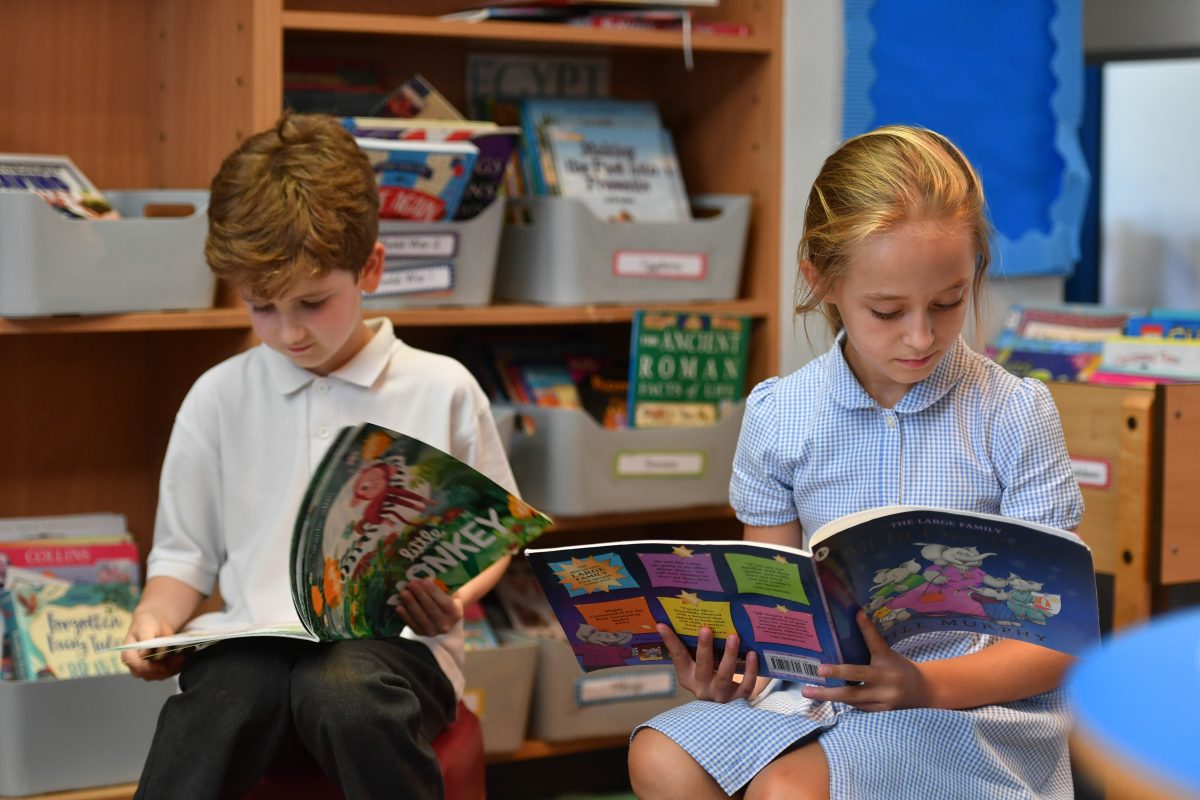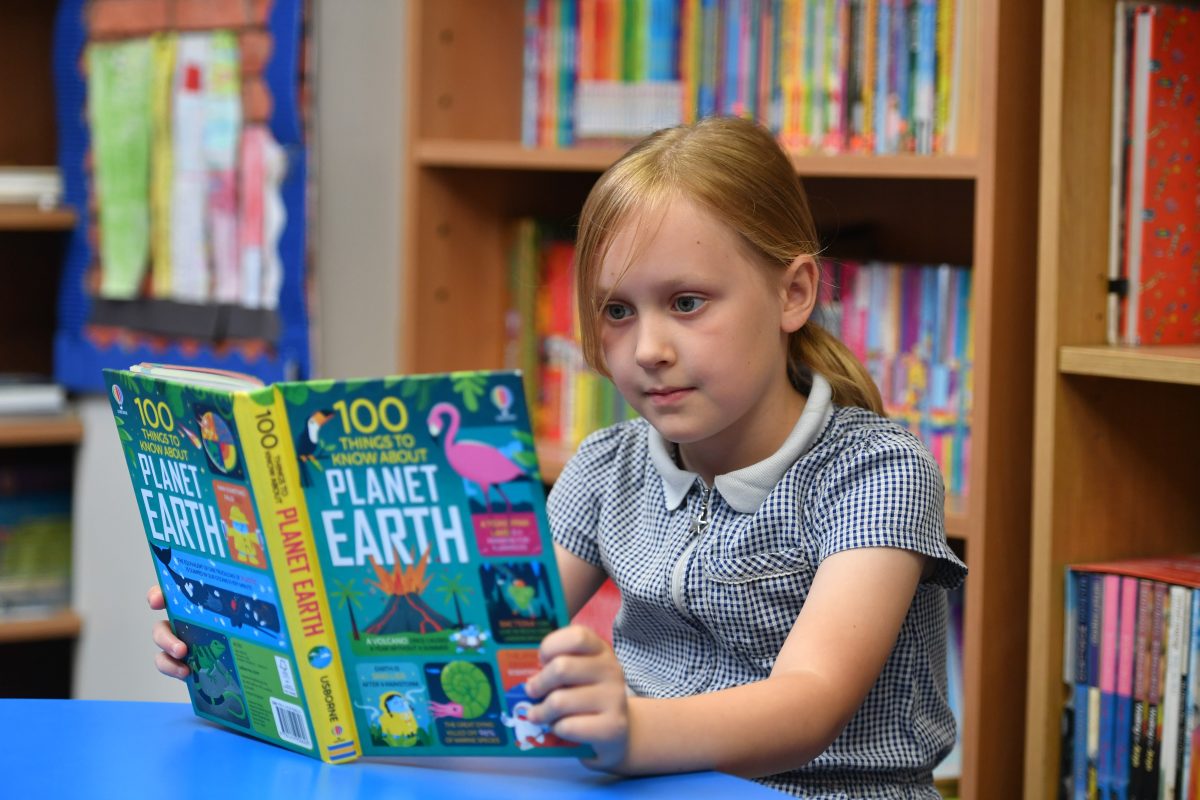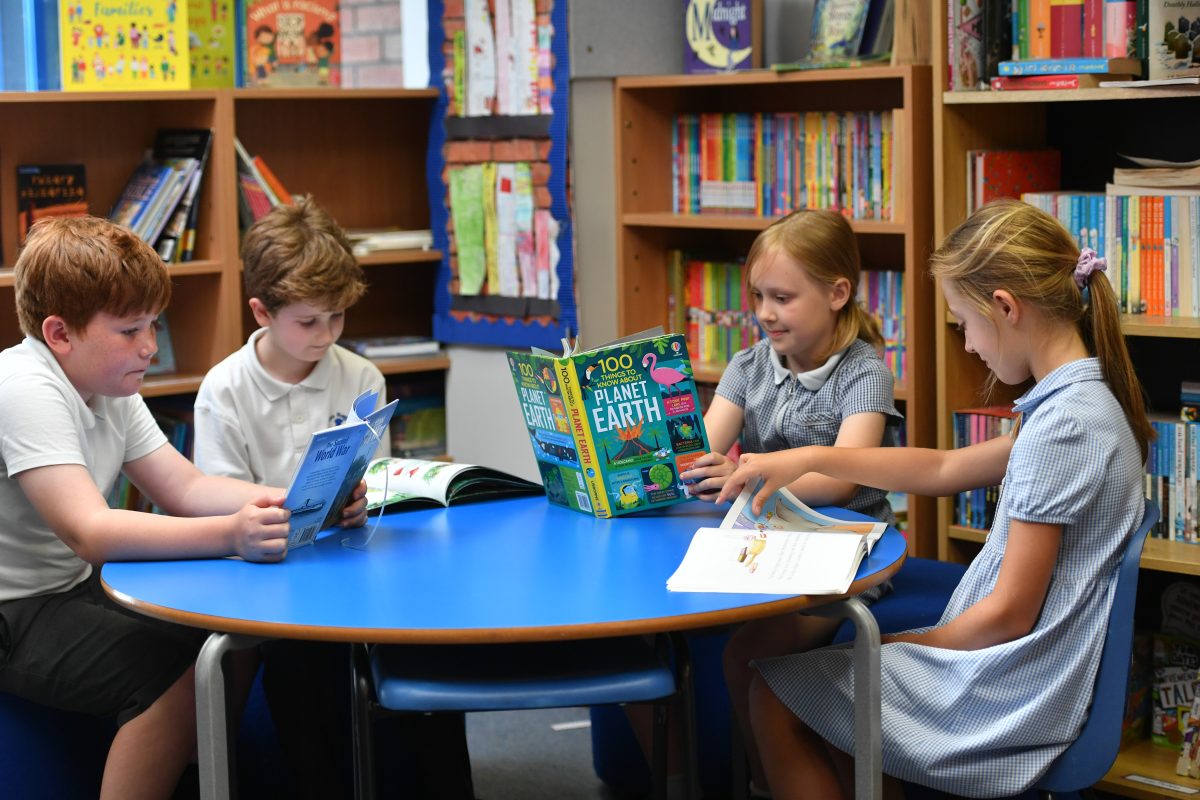Reading is a great habit.
At BDMAT we have an ambition that all children love reading. Reading is a fundamental part of our vision and education strategy. We all know that children who are competent readers are better equipped to access education by understanding the content of a particular lesson or independent reading.
The Literacy Trust have undertaken extensive research into the impact of regular reading for children and conclude: “There can be few things as powerful as regularly reading to a young child. It has astonishing benefits for children: comfort and reassurance, confidence and security, relaxation, happiness and fun.” Data from the National Literacy Trust in 2023 highlighted a decline in reading enjoyment among children aged 8 to 18, with only 43.4% expressing enjoyment in reading. This, coupled with the fact that a significant number of pupils are starting secondary school without reaching the expected standard in reading, underscores the need for a focus on the teaching of reading.

Another study by the Book Trust details the positive effects of reading on later literacy skills, facilitating social interaction between adults and children, and encouraging children to engage with the world around them. It also states how reading can be a ‘stable source of information’ throughout a child’s life. This stability allows them to access texts in a constant fashion, can be especially beneficial for children growing up in challenging circumstances and can provide the skills necessary to fact check information in an ever more complex world.
In recent years we have seen the positive impact of well embedded Systematic Synthetic Phonics in our schools, meaning our pupils are more effective in decoding words, but there remains a gap in fluency and comprehension. As we look forward to developing a new reading strategy, we will aim to bridge this gap by not only teaching pupils to decode, but also to understand and enjoy what they read. The new strategy will support pupils to develop their comprehension skills, embed their contextual understanding, and enhance their critical thinking when reading more complex texts.

We will look closely at how well reading fluency develops across our schools, focussing on enhancing vocabulary and language comprehension, promoting reading for pleasure, incorporating a greater diversity of texts, and providing high quality professional development for all staff.
In the forthcoming months and years we will look to improve parental engagement, develop cross-curricular reading opportunities, increase the use of technology and digital resources, focus on transition phases and further embed our inclusive practices for SEND pupils.

With these enhanced strategies and insights, our commitment to improving reading across the Trust is stronger than ever. We aim for all children to achieve the national Year 1 phonics screening, and by the end of Key Stage 2, at least 90% of pupils are expected to achieve age-related expectations or higher in reading. Our ultimate goal though, is to make sure all our pupils develop a love of reading which they take with them long after they have left school.
The Autumn term laid the groundwork for significant progress in our reading strategy. We look forward to continuing this journey, building on the valuable insights from our staff, parents, and, most importantly, our pupils.